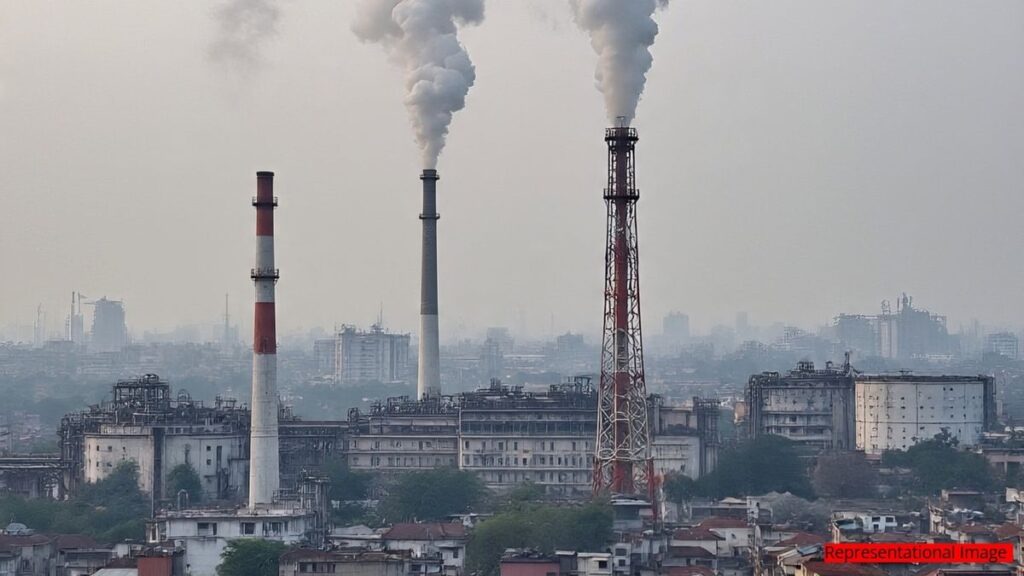University of Chicago’s Air Quality Life Index reveals Bengaluru’s worsening PM-2.5 levels, doubling over 25 years, cutting life spans by more than two years.
Before the IT boom of the late 1990s, Bengaluru’s air pollution was serious but not devastating—cutting the life expectancy of residents by eight months on average. Fast forward twenty-five years, and the toll has worsened drastically. New data from the University of Chicago’s Air Quality Life Index (AQLI) shows that Bengalureans today are losing over two years of life expectancy due to unsafe levels of PM-2.5, the fine particulate matter small enough to enter the bloodstream and trigger chronic diseases.
Also Read:BBMP unveils ₹124.5 crore action plan to tackle dust, traffic chaos and pollution in Bengaluru
In 1998, the Garden City recorded PM-2.5 levels of 13.1 micrograms per cubic meter. By 2023, that figure had nearly doubled to 26.21 micrograms. This rise is not unique to Bengaluru. Other Karnataka districts too saw alarming climbs—Kalaburgi (26.31), Bidar (25.01), and Belgaum (23.72). While northern Indian states remain the worst affected globally, the southern regions are showing signs of steady decline in air quality.
Also Read:‘Lokah’ makers issue apology after dialogue sparks outrage in Bengaluru
The AQLI findings underscore how deeply toxic air shapes health outcomes. If Bengaluru’s pollution were brought down to the WHO safe limit of 5 micrograms, the average resident would gain back 2–3 years of life—a gain more valuable than many medical breakthroughs. In years like 2016, the potential recovery was as high as 2.9 years.
Also Read:Kichcha Sudeep turns 52: Birthday surprise with new film ‘Mark’ title reveal
India’s National Clean Air Programme (NCAP), launched in 2019 and expanded to 131 cities, has set an ambitious target: a 40% reduction in particulate pollution by 2026. Early results show promise—districts with non-attainment cities saw a 10.5% drop in PM-2.5 between 2017 and 2023, adding six months of life expectancy to nearly 443 million people. If the full target is achieved, it could restore 2.1 years of life expectancy in polluted cities and boost the national average by nearly eight months.
For Bengaluru, however, the challenge is steep. From once being hailed as the “Garden City,” the metropolis now risks being remembered as a choking urban sprawl. The numbers make it clear: cleaning the air is no longer an option, but a necessity for saving years of healthy living for millions.
Also Read:BBMP in history: From city council 1949 to GBA 2025; Check full history here

